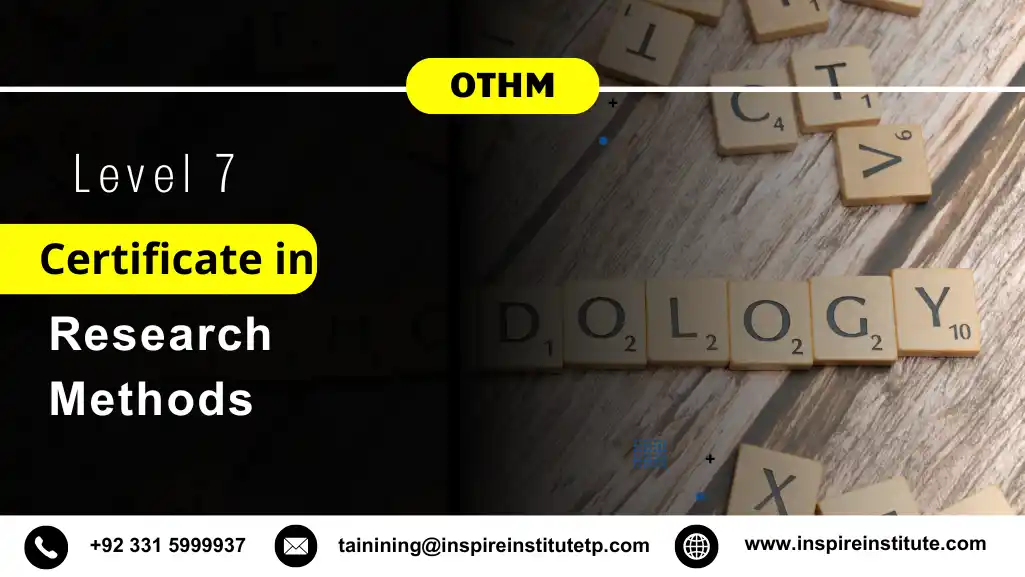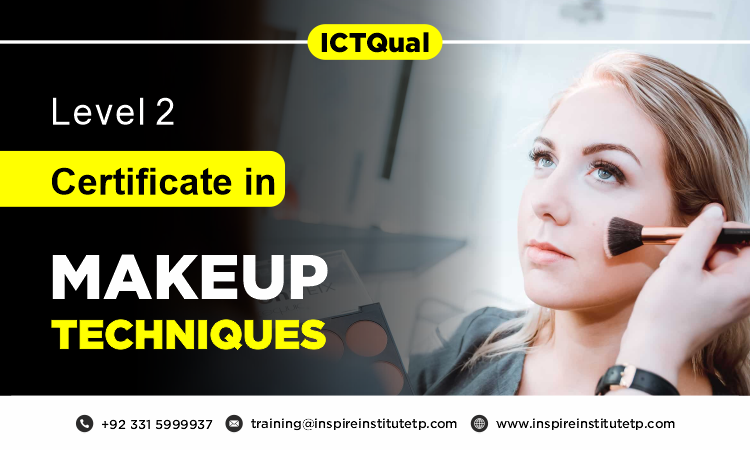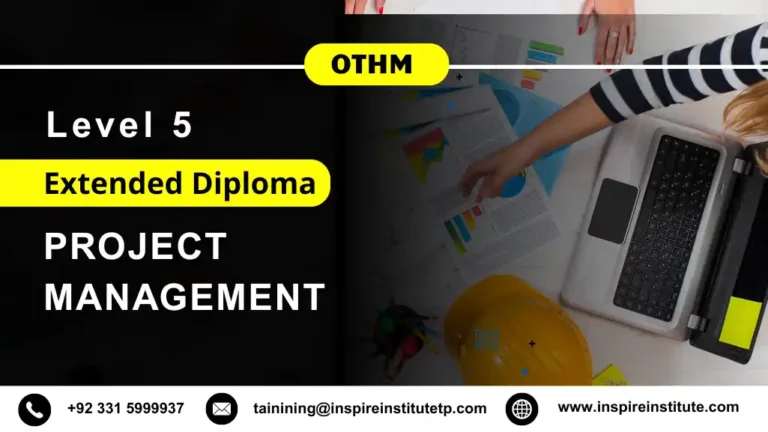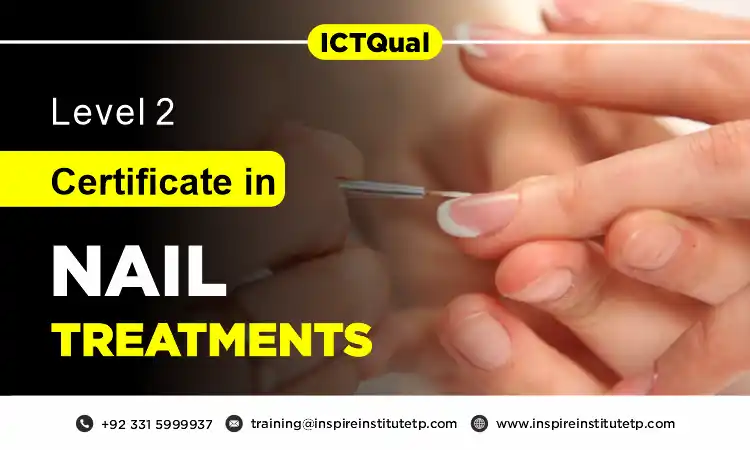OTHM Level 7 Certificate in Research Methods
The OTHM Level 7 Certificate in Research Methods is a comprehensive course designed to equip students with the essential research skills required for advanced academic and professional success. This qualification focuses on developing a deep understanding of research methodologies, techniques, and the ability to critically assess and apply research in real-world contexts. It is ideal for individuals aiming to pursue higher studies or enhance their career prospects in fields that demand strong research capabilities. The course covers various topics, including data analysis, research design, ethical considerations, and report writing, ensuring that students are well-prepared to undertake independent research projects with confidence.
Why Choose this Qualification
The OTHM Level 7 Certificate in Research Methods is an ideal qualification for those looking to enhance their research skills and apply them to advanced academic and professional settings. Here are some reasons why you should choose this qualification:
- Advanced Research Skills: The course equips you with the necessary skills to conduct independent, high-level research, using both qualitative and quantitative methods. It prepares you for successful research work in various industries and academia.
- Career Progression: Whether you’re aiming for a leadership role, or looking to enhance your professional profile, this qualification provides the expertise required for career advancement in fields like education, business, healthcare, and social sciences.
- Academic Preparation: For those considering further academic study, this course provides a solid foundation in research techniques, making it easier to transition into higher-level programs such as a Master’s degree or Doctorate.
- Practical Application: The course emphasizes the practical application of research methods in real-world scenarios. You’ll learn how to design, execute, and analyze research projects with professional expertise.
- Global Recognition: OTHM is a globally recognized awarding body, and this qualification is highly regarded in the academic and professional world, offering you credibility and recognition in your field.
- Flexible Learning: The course is designed with flexibility in mind, allowing you to balance your studies with professional and personal commitments, making it ideal for working professionals.
Choosing the OTHM Level 7 Certificate in Research Methods will set you on a path to becoming a skilled researcher, prepared to make meaningful contributions in your field.
Course Overview
Awarding Body: OTHM
Course Level: Level 7
Average Completion Time:
6 to 24 Months
Study Units : 1
Evidence & Assignment Based
Qualification Structure
The OTHM Level 7 Certificate in Research Methods comprises one mandatory unit, worth 20 credits, with a Total Qualification Time (TQT) of 200 hours and 100 Guided Learning Hours (GLH) for the entire qualification.
Who Should Take This Course
The OTHM Level 7 Certificate in Research Methods is ideal for:
- Aspiring Researchers: Individuals looking to develop advanced research skills and techniques, whether for academic or professional purposes.
- Professionals Seeking Career Advancement: Those aiming to enhance their ability to conduct independent research, particularly in sectors such as business, education, healthcare, and social sciences.
- Postgraduate Students: Students planning to pursue further academic qualifications, such as a Master’s or Doctorate, who wish to build a strong foundation in research methods.
- Managers and Leaders: Professionals in leadership positions who need to make data-driven decisions and lead research projects within their organizations.
- Education and Training Professionals: Those working in education or training who want to improve their understanding of research processes and apply these skills to their work.
This course is perfect for individuals who are ready to take their research skills to the next level and make impactful contributions in their chosen field.
Course Benefits
Course Benefits of the OTHM Level 7 Certificate in Research Methods
- Develop Advanced Research Skills: Gain comprehensive knowledge of research methodologies, data collection, and analysis techniques, empowering you to conduct high-level, independent research.
- Enhanced Career Opportunities: Equip yourself with essential research skills that are highly valued across various industries, enhancing your career prospects and positioning you for leadership roles.
- Preparation for Further Study: If you’re planning to pursue a Master’s or Doctorate, this qualification provides a strong foundation in research methods, making advanced academic studies more accessible.
- Practical, Real-World Application: The course emphasizes the practical application of research skills in real-world contexts, allowing you to effectively design, execute, and analyze research projects in professional environments.
- Global Recognition: As a qualification from a globally recognized awarding body, OTHM, this certification adds credibility to your professional profile and is recognized worldwide.
- Flexible Learning: With flexible study options, the course allows you to balance your professional and personal commitments while gaining valuable research expertise.
- Critical Thinking and Analytical Skills: Develop essential skills in critical thinking, problem-solving, and data analysis, enabling you to approach research challenges with confidence and precision.
- Increased Professional Competence: Whether you’re in academia, business, or another sector, this qualification will boost your ability to make informed decisions based on rigorous research and evidence.
By completing the OTHM Level 7 Certificate in Research Methods, you’ll be well-prepared to take on complex research projects, contribute to your field, and further your career in research or academia.
Eligibility Criteria
Eligibility Criteria for the OTHM Level 7 Certificate in Research Methods:
Minimum Age: Applicants must be at least 21 years of age at the time of enrollment.
Educational Background: A relevant Level 6 qualification (e.g., Bachelor’s degree or equivalent) is typically required.
Alternatively, candidates with significant professional experience in a related field, along with a sound understanding of research principles, may also be considered for entry.
Work Experience: While prior professional research experience is not mandatory, candidates should have a strong interest or background in research-based work.
Those with experience in managerial, academic, or research-related roles will find this qualification particularly beneficial.
English Language Competency:
Applicants must have a good command of the English language, both written and spoken.
Non-native English speakers must demonstrate proficiency in English through an internationally recognized test (e.g., IELTS, TOEFL) with a minimum score of IELTS 6.0 or an equivalent qualification.
The Qualification Process
Here is a step-by-step guide to help you understand the entire journey from pre-registration to certification:
1. Initial Assessment and Enrollment
- Application and Eligibility Check: To begin the process, you will need to complete an application form. The training provider will review your eligibility based on your work experience, current role, and relevant qualifications.
- Enrollment: Once your eligibility is confirmed, you will be enrolled in the program. You will receive information on the course structure, key requirements, and resources available to support your learning.
2. Course Structure and Content
- Unit-Based Learning: The qualification is made up of several units that focus on core topics in quality control, quality assurance, regulatory compliance, risk management, and continuous improvement. You will be required to complete all units and demonstrate your proficiency in these areas.
- Work-Based Learning: As a work-based qualification, the OTHM Level 7 Certificate emphasizes the application of learning in real-world scenarios. You will need to collect evidence of your competence by demonstrating how you have implemented quality systems and processes in your workplace.
3. Ongoing Support and Assessment
- Dedicated Assessor: Throughout the course, you will be assigned a qualified assessor who will guide you through the process. The assessor will provide ongoing support, review your progress, and offer feedback on your work.
- Assessments: You will be assessed via a combination of methods, including:
- Portfolio of Evidence: Collecting evidence from your workplace to show how you apply quality management techniques, compliance measures, and process improvements.
- Reflective Accounts: Writing reflective reports that describe your learning journey and how you’ve applied new skills in your role.
- Professional Discussions: Engaging in discussions with your assessor to demonstrate your understanding of key concepts and practices in quality control and assurance.
- Workplace Observation: In some cases, your assessor may conduct a direct observation of your work to ensure you meet the required standards.
4. Completion of All Required Units
- To achieve the OTHM Level 7 Certificate, you must successfully complete all required units in the qualification. Each unit is designed to test your ability to manage and improve quality assurance and control systems within your workplace.
5. Final Review and Verification
- After completing all units and submitting your portfolio of evidence, your assessor will review your work to ensure it meets the required standards. This may involve revising some areas of your portfolio based on feedback.
- Quality Verification: Your assessor’s evaluation will be verified by an internal quality assurer to ensure consistency and fairness in the assessment process.
6. Awarding of the Qualification
- Once you have successfully completed all units and met the assessment criteria, the qualification will be awarded. You will receive Certification of the OTHM Level 7 Certificate in Research Methods
7. Post-Qualification Support
After earning the diploma, you will be better equipped to take on senior roles in quality management. Many learners also benefit from continued support from the training provider, including access to professional development opportunities, industry networking events, and further qualifications.







